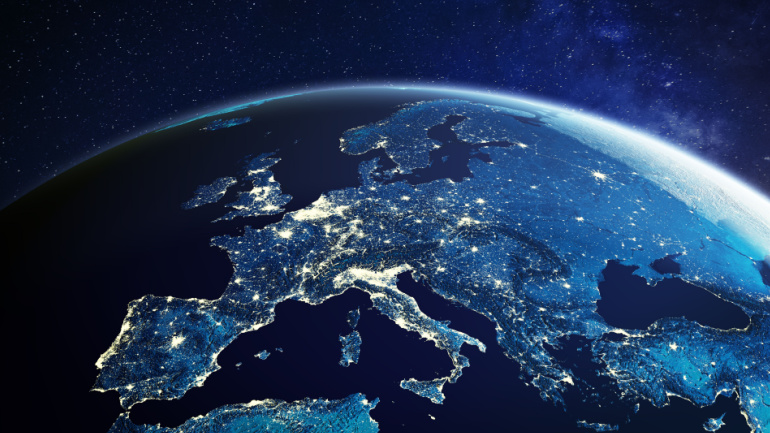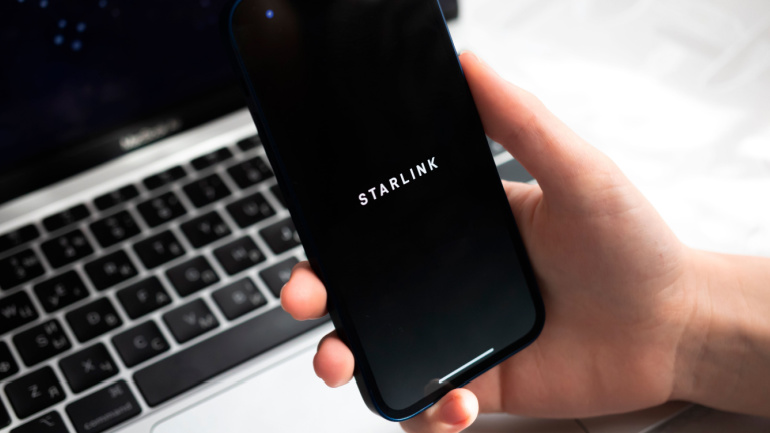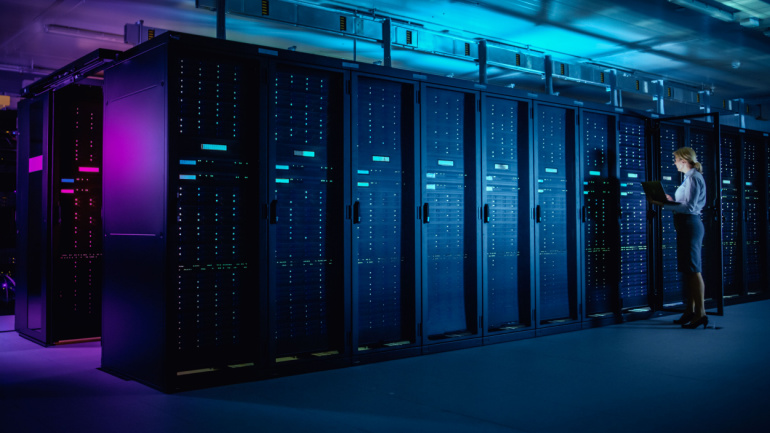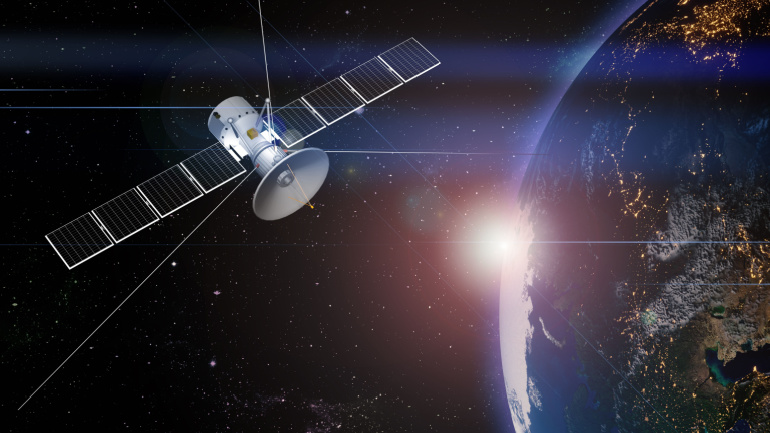UK’s government and Vodafone settle on ‘proportionate measures’ to assuage national security concerns over UAE-based e&’s increasing ownership stakes. This agreement follows the government’s expressed apprehension about e&’s potential influence on Vodafone’s policies due to its status as the largest shareholder. In response, a ‘national security committee’ will be created within Vodafone to monitor initiatives that could affect national security.
Despite Europe’s stride towards a digitally advanced future, the current uptake of 5G stands at only 2.5%. This stands in stark contrast to how tech giants like North America, China, Japan, and South Korea are faring. While European market figures on Fibre-to-the-Home (FTTH) appears promising, various challenges, including recent antidumping measures, have stymied progress and exacerbated the digital divide.
Telefonica triumphs in securing exclusive rights to broadcast elite Spanish football through their Movistar Plus service, committing an eye-watering €1.29 billion for this privilege till the 2026-27 season. They’ve successfully navigated past Spain’s competition regulator’s conditions, opening a window of opportunity for their substantial investment.
Telefónica’s recent release of a green bond, valued at €1,750 million, experienced an impressive demand. The bond’s oversubscription tripled, indicating keen investor interest in the telecommunication giant’s ecological endeavors. The bond, which will fund projects aimed at modernizing both fixed and mobile telecom networks, is aligned with Telefónica’s goal of dedicating roughly 40% of total funding to ESG criteria by 2026, underpinning the company’s pledge to integrate environmental and financial sustainability.
Ofcom’s proposal to supply backup batteries for mobile sites to improve network resilience has brought forth divergent viewpoints. Vodafone – a prominent voice in the debate – highlights operational complexities and massive costs associated with the backup plan, stressing that mobile operators should not carry the full financial burden.
Aiming to diminish the climate impact of legal proceedings, a group of dedicated lawyers is advocating for sustainable litigation practices across England and Wales. Aligned with the 2015 Paris Agreement, the initiative pleads with organizations striving for Net Zero emissions to adopt the Greener Litigation Pledge. VMO2 plays a key role in this movement, with ambitious plans to reduce its emissions by 90% by 2040.
The FCC recently reiterated its denial of Starlink’s bid to gain nearly $900M in support from the Rural Digital Opportunity Fund program. Despite Starlink’s impressive technology, FCC Chairwoman Jessica Rosenworcel questioned the wisdom in subsidizing the still evolving tech until 2032. Starlink had initially received the lofty sum in a 2020 auction but was later deemed inadequate in verifying its capabilities.
When it comes to digitization strategies, providing superior customer service is paramount, a concept particularly relevant in the telecom field. Saudi Telecom Company (stc), underlines this belief by revitalizing its customer experience through a strategic collaboration with Huawei. Transforming its big data platform into a Customer-Centric Platform (CCP), offers a unified view of customer data, leading to enhanced marketing segmentation and customization. Improved efficiency and data value are already showing dividends with marked reduction in customer churn and accelerated return on investment.
China’s “dual carbon” mandate is reshaping data centers, creating an eco-conscious equilibrium between robust computational power and sustainability. Consider China Mobile’s Hohhot data center, built with Huawei, melding massive computational potential with cutting-edge energy-saving technologies.
The Global Satellite Operators Association (GSOA) is enforcing a behavior code for satellite operators, addressing the pressing issue of space debris caused by escalating satellite broadband services. The industry aims to advance its responsibility through shared best practices to preserve space access. This action, however, fuels debate over unendorsed practices, potential impacts on astronomy, and the proposed spectrum restraint at the upcoming World Radiocommunication Conference.













